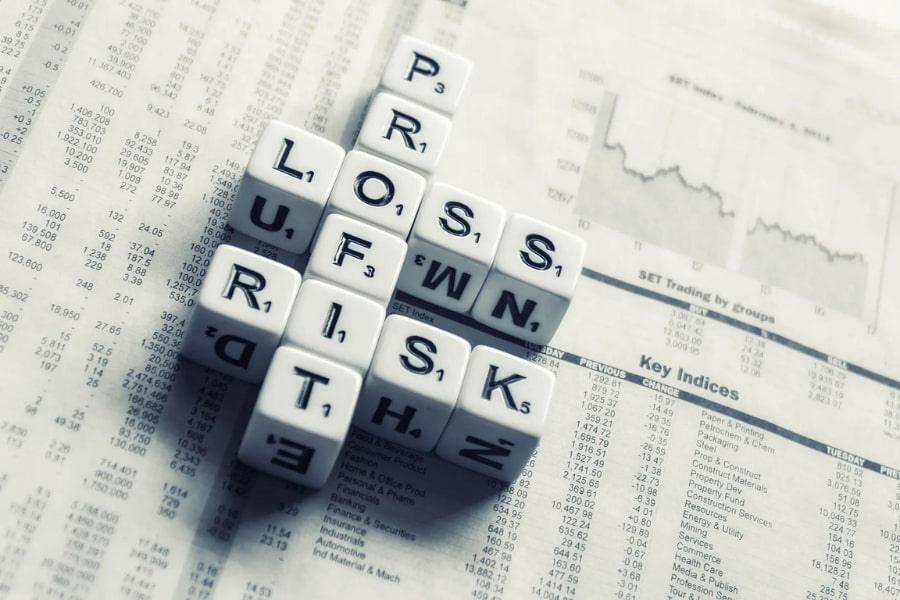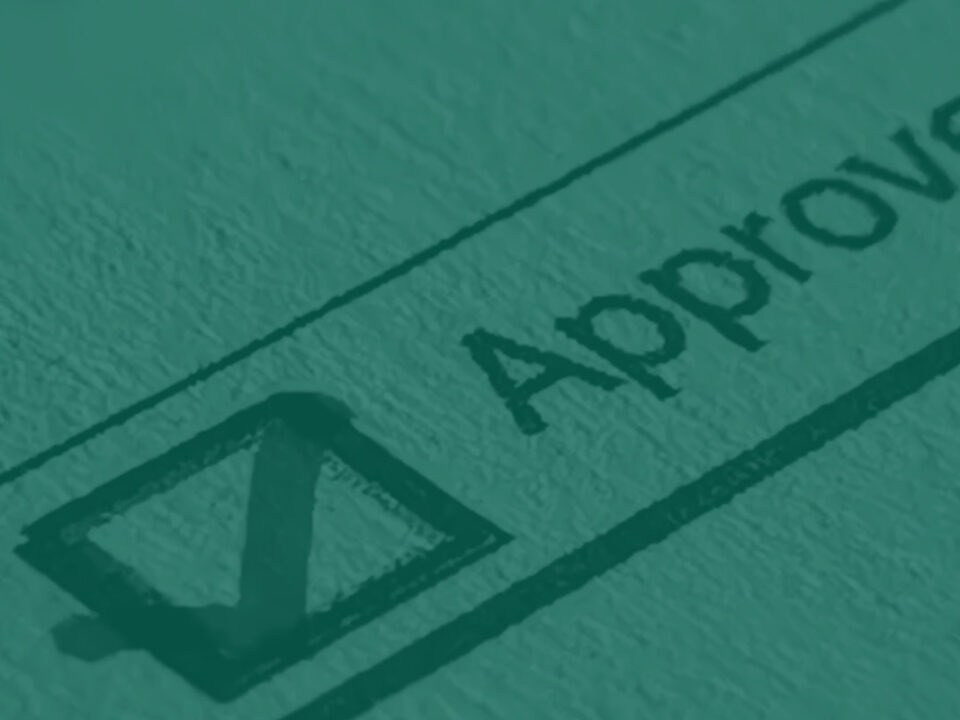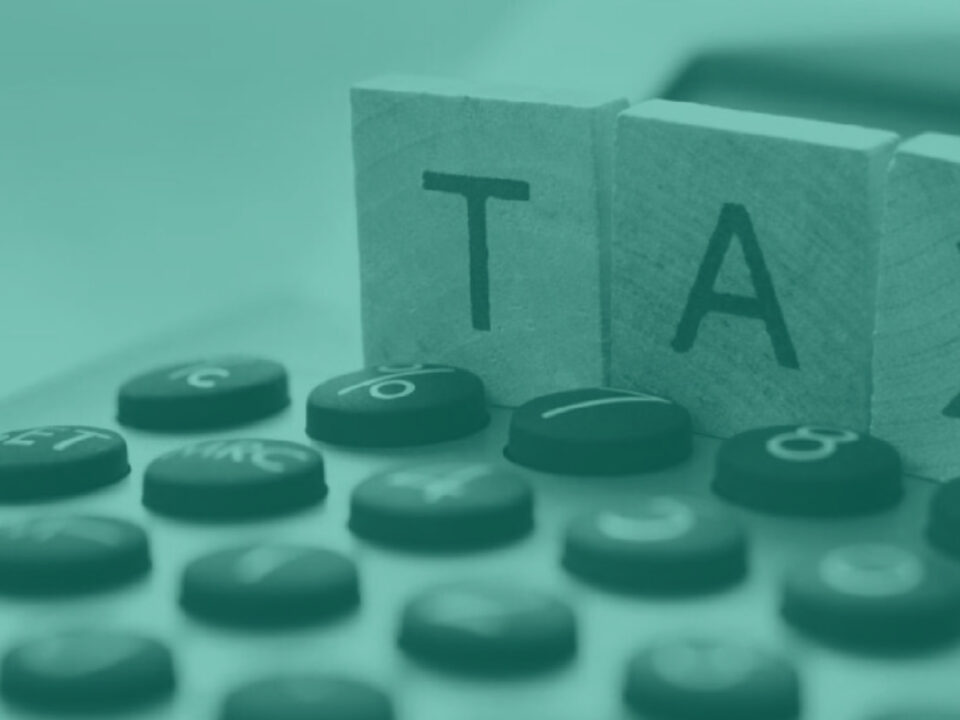This article was updated on Nov 8th, 2024
- Services
- [email protected]
- Dubai: +971 4 878 6240 Riyadh: +966 56 865 2329

Guide For Writing A Winning Business Plan To Enter The UAE Market
April 16, 2019
Top 10 Profitable Small Business Survival Tips For Dubai
May 22, 2019
ECONOMIC SUBSTANCE IN FOCUS: IMPLICATIONS FOR DUBAI COMPANIES
This article has been researched and written by Steven Ireland and the team at Creation Business Consultants and has not used AI in generating this article.
Current Law:
DATE: SEPTEMBER 16, 2024 – IMPORTANT UPDATE: KEY AMENDMENTS TO THE ECONOMIC SUBSTANCE REGULATIONS (ESR)
The UAE Cabinet Decision No. (98) of 2024, published on September 16, 2024, introduced several key amendments to the Economic Substance Regulations. Key highlights include:
- Extended ESR applicability for financial years from 2019 to 2022.
- Waiver of penalties for exempt businesses up to December 31, 2022.
- Relief on penalties after December 31, 2022, for entities meeting national compliance obligations.
These updates provide crucial relief, particularly with the UAE’s corporate tax regime now in place.
We offer an ESR Assessment to evaluate each entity’s eligibility and compliance status. Secure your free consultation today.
Overview of Historical Law (No Longer in Effect):
In this era of modern, fast-paced business so many rides on a company’s reputation. The way financial institutions, customers, suppliers, and other market players view the credibility of your business can affect your bottom line and growth potential.
Startups, entrepreneurs, and company owners need to be aware that credibility and substance are vital to building and sustaining a business.
What does Economic Substance mean? Why is it more important than ever for UAE companies? How much substance is enough for your Dubai company? We take a closer look at ways to ensure your company and bank account stay on the right side of the newly publicised substance tests and examine the issue of Economic Substance.
WHAT IS THE EU BLACKLIST?
The “EU blacklist” refers to a list of non-cooperative jurisdictions for tax purpose. Jurisdictions are added to the “tax haven blacklist” if they are deemed to have shortfalls in their tax rules that could favour tax evasion. They are removed from the blacklist if they commit to reforms.
Consequently, EU countries can choose to apply certain defensive measures against the countries on the EU blacklist.
WHAT IS ECONOMIC SUBSTANCE? – (No Longer in Effect)
- The term “economic substance” refers to the requirement for a company to have an actual economic and evidential presence in the jurisdiction where it is registered, in order to qualify for select tax benefits.
- In essence, the real purpose of the EU blacklist is to mitigate the existence of tax regimes that facilitate offshore structures which attract profits without real economic activity.
- It is therefore crucial for UAE companies involved in international operations to be aware of the concept of economic substance, to prevent and counteract the risk of a potential question over its tax residency.
In order to prove that they comply with the ESR standards, entities must annually notify the UAE authorities and pass a substantial economic substance test. The component test consists of:
- Assessing the intensity of relevant activities.
- The employment of locals and the usage of real offices.
- The costs incurred in the UAE.
In conclusion, the UAE ESR requires organisations carrying out specific regulated activities in the nation to have sufficient Economic Substance in the UAE. Entities are required to comply with the substance requirements, submit a substantive Economic Substance test and annual notice to the UAE authorities.

HOW MUCH SUBSTANCE IS ENOUGH? – (No Longer in Effect)
The amount of economic substance required by a UAE entity will vary depending on a number of factors, including the nature of the business activities which the company is involved in and the countries (jurisdictions) it transacts with.
WHY IS IT RELEVANT TO FOREIGN COMPANIES IN / ENTERING DUBAI & THE UAE? – (No Longer in Effect)
Substance needs to be seriously addressed in order to avoid a high(er) tax burden on your business and to prevent serious tax-disputes arising with your domestic tax authority.
According to the Cabinet of Ministers Resolution No. 31 of 2019, the Economic Substance Regulations (ESR) were adopted by the UAE and went into force on April 30, 2019. On August 19, 2020, the revised guidance was released (Ministerial Decision No. 100 of 2020). The ESR in the UAE requires organisations to carry out specific regulated actions in order to prove that their activities have a sufficient economic foundation in the UAE.
HOW CAN A DUBAI & UAE COMPANY EVIDENCE SUFFICIENT SUBSTANCE TO TAX AUTHORITIES? – (No Longer in Effect)
- Main company shareholder(s) should obtain a UAE residency visa.
- Bank signatories such as company director(s) and general manager should also obtain a UAE residency visa.
- The shareholder(s) ought to open a personal bank account, as well as a corporate account in the UAE.
- The company should maintain a permanent office premises or warehouse in the UAE.
- Employ personnel to work within the company’s local premises.
- Obtain a dedicated office telephone line, internet facilities, as well as a website and e-mail address(es).
- Make use of local service providers within the UAE market.
- Board meetings should be held regularly and minutes of meeting duly recorded in the UAE.
- Key decisions should be taken in the jurisdiction of which they affect.
- Document the operations at the company’s local premises for example books of accounts, minutes’ books, banks accounts, commercial contracts etc.
CONCLUSION
Economic substance is an important issue for businesses and one that shows no signs of losing momentum. If you are concerned about the substance levels of your current UAE (GCC) entity or would like some corporate secretarial advice for a new Free Zone, ADGM, DIFC or mainland UAE company, contact us for a free consultation email [email protected] call +971 4 878 6240.
This Article was researched and written on May 14th, 2019 by Steven Ireland.
This Article was reviewed and updated on Oct 13th, 2023 by Scott Cairns.
Related posts




